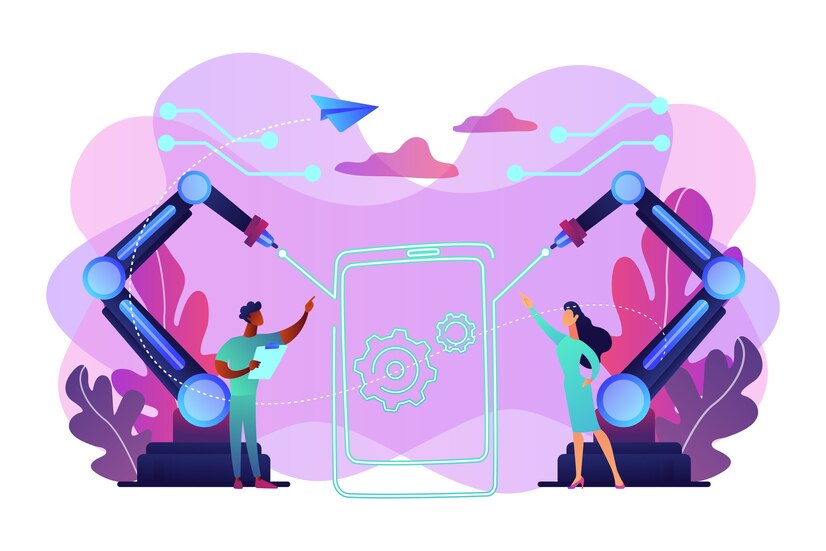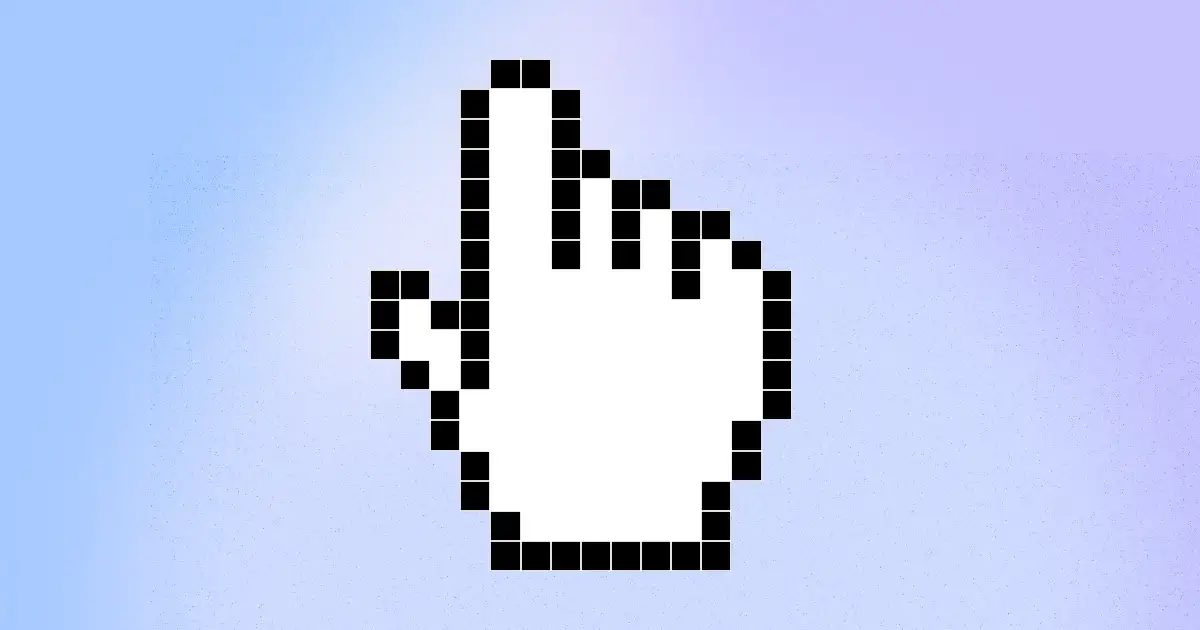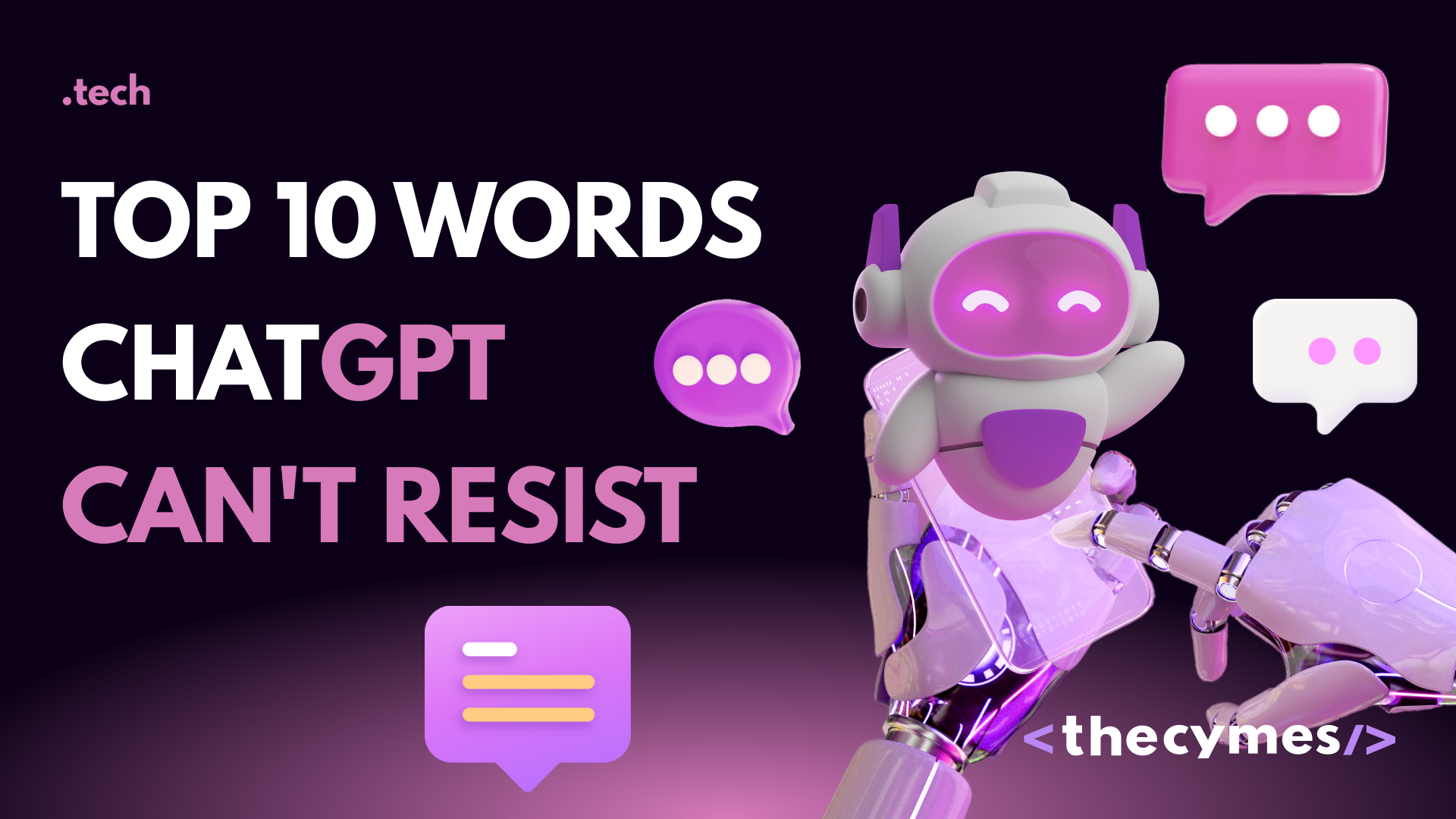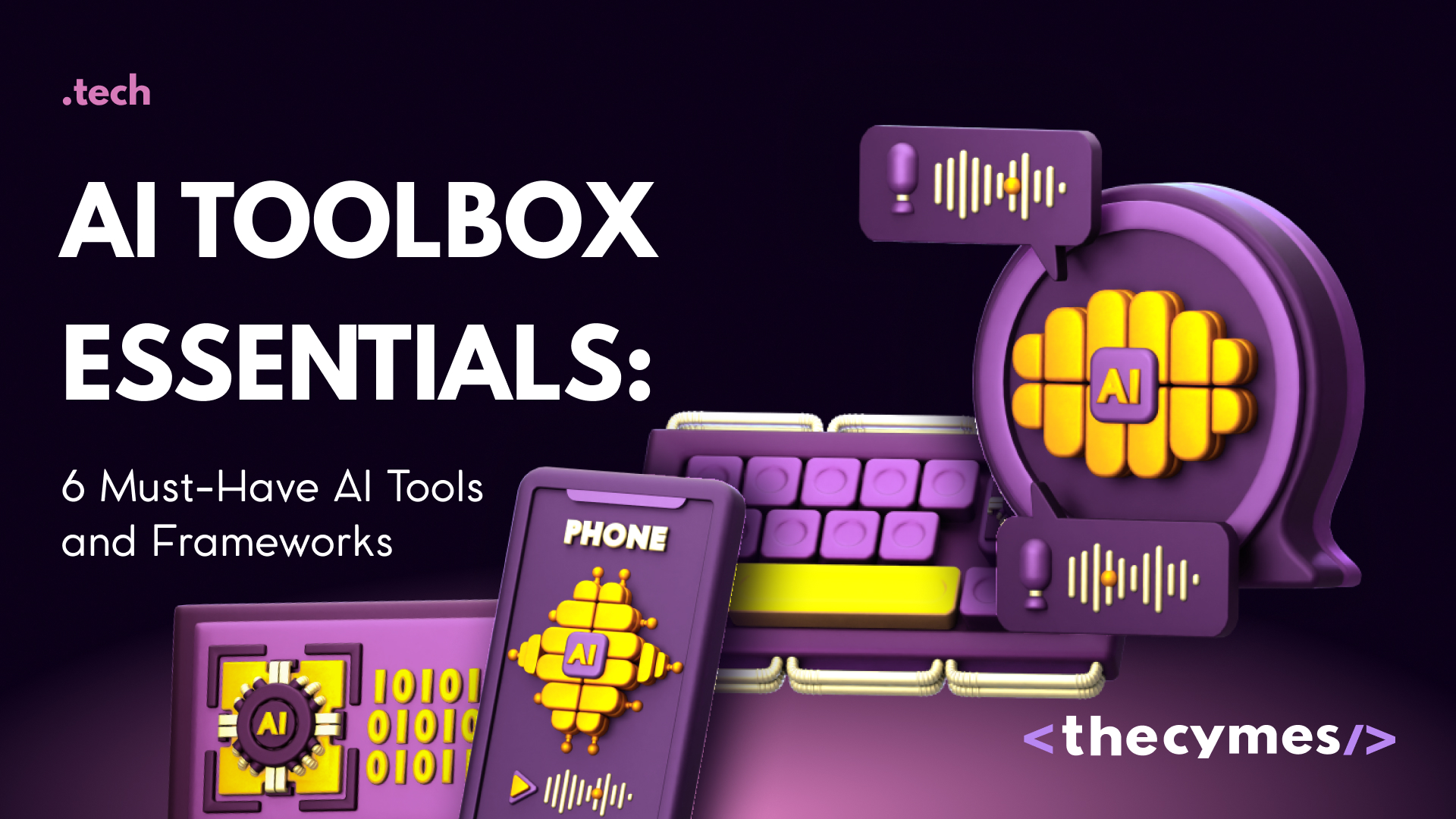.it/tech2 April 06:41
0<
OpenAI Makes Revolutionary Voice Cloning Tool: A Game-Changer for Content Creation
/>Explore OpenAI's groundbreaking voice cloning tool, revolutionizing content creation with highly realistic human-like voices. be updated on the latest tech newsGet exclusive news updates and overview on tech market




